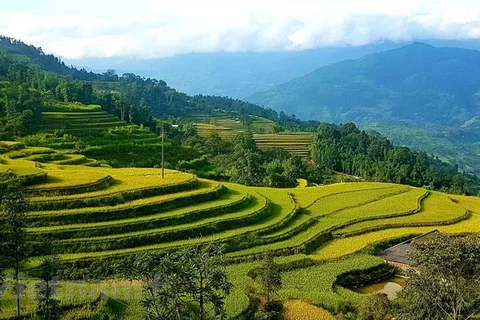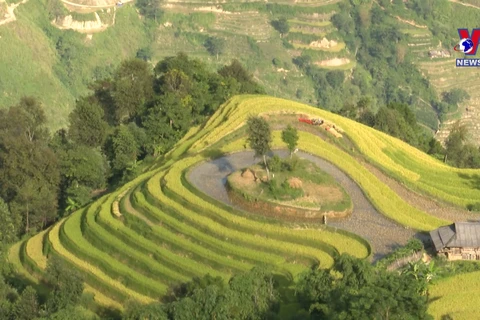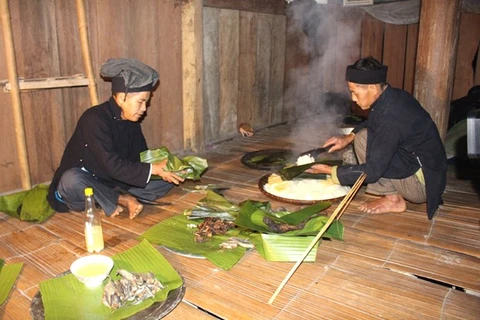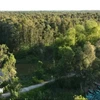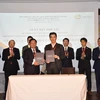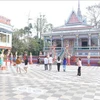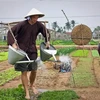Ha Giang (VNA) – The northern province of Ha Giang has taken the advantage of digital platforms to promote tourism as part of efforts to maintain its position as an attractive tourist destination amid COVID-19.
This year, the Ha Giang Buckwheat Flower Festival has been held online last for the first time ever. Its seventh edition was broadcast on television channels, online newspapers and social media.
Director of the Ha Giang tourism promotion centre Dang Quoc Su said his centre recently held virtual tours in an effort to maintain tourism activities against the backdrop of the pandemic, adding a tour featuring buckwheat flower on the Dong Van Karst Plateau UNESCO Global Geopark was launched on November 28, drawing the participation of 100 travel companies.
The programme offered Ha Giang a new method to promote its tourism and at the same time helped travel firms build new activities.
In December, the centre will continue to organise similar ones introducing agro-tourism products, cuisine and traditional brocade weaving villages, among others.
Travel firms and establishments in Ha Giang have made short videos featuring local landscapes and facilities, and uploaded them on social media networks to attract more visitors.
Online tours and tourism promotion on digital platforms are among key focus of Ha Giang's digital transformation and digital economy development
Virtual tours are suitable method to ease firms’ difficulties amid COVID-19 and they can be applied at other destinations nationwide, experts said.
This year, tourist arrivals to Ha Giang slipped by half compared to the year’s plan of about 900,000 due to the complex developments of COVID-19./.


